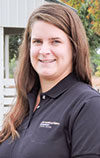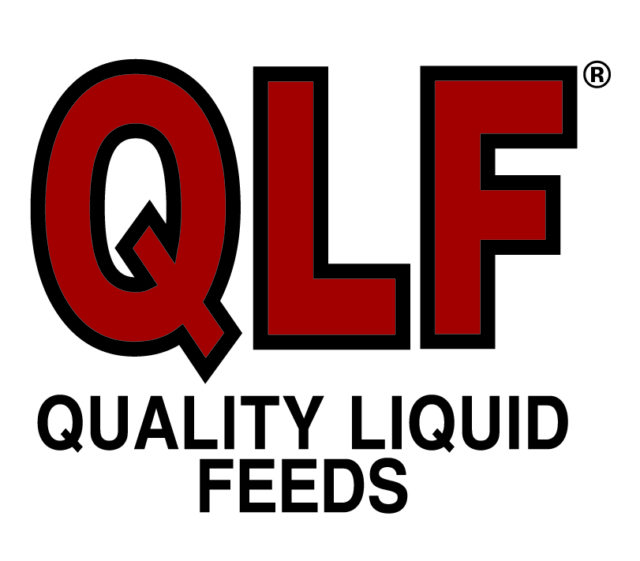A calf is born with a naive immune system with essentially no antibodies, aka no defense system. The calf’s first line of defense is passive immunity only gained through colostrum. However, many factors affect the quality of colostrum and, in turn, the passive immunity of the calf.
-
Dam age – Younger cows and first-calf heifers have a relatively younger immune system compared to that of older cows and therefore pass lower levels of immunoglobulins to their calves.
-
Dam nutrition – Cows that calve out at a lower BCS (less than 5) can have more difficult births, weaker immune systems and lower colostrum immunoglobulin levels. In the West, cows are typically grazed on public lands during the summer, so improvements to body condition are easiest to implement in the winter months leading up to calving.
- Herd vaccination history – Herds that follow a good pre-calving vaccination practice can have higher immunoglobulin levels.
Unfortunately, even if a calf gains passive immunity, it can still be left exposed as that protection decreases after the first few days. As passive immunity declines, the active immune system begins to ramp up. This form of immunity is influenced by what pathogens the calf is exposed to.
If a calf meets too high of a pathogen load, without the immune system to protect them, this creates the perfect environment for scours to occur. If the pathogen load is low, the calf’s immune system can respond effectively and mount an immune response, protecting the calf from developing symptoms and a negative response.
Some ways to prevent an outbreak of scours:
- Keep calving fields clean and dry.
- Disperse calves by giving them multiple areas to bed down. Provide windbreaks where possible to give young calves additional protection from strong western winds.
- Move cows to a clean pasture during calving.
- Fewer than 100 calves in one group all born within a maximum of 30 days of each other, preferably 14 days. (Example: Sandhills calving)
Heading into calving season, consider what you can do to reduce the pathogens your calves will be exposed to. ![]()

-
Carmen Willmore
- Extension Educator
- University of Idaho Extension – Lincoln County
- Email Carmen Willmore







